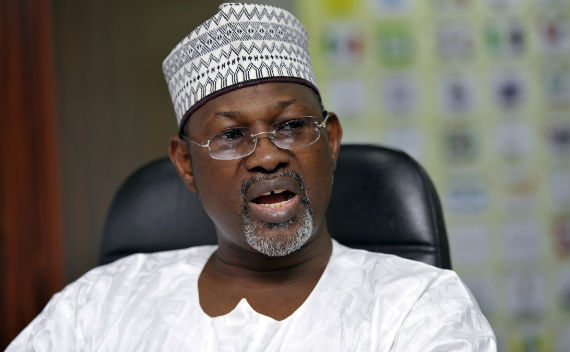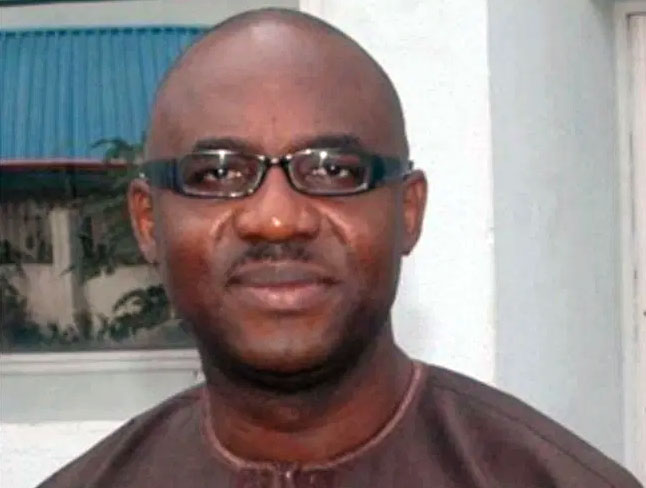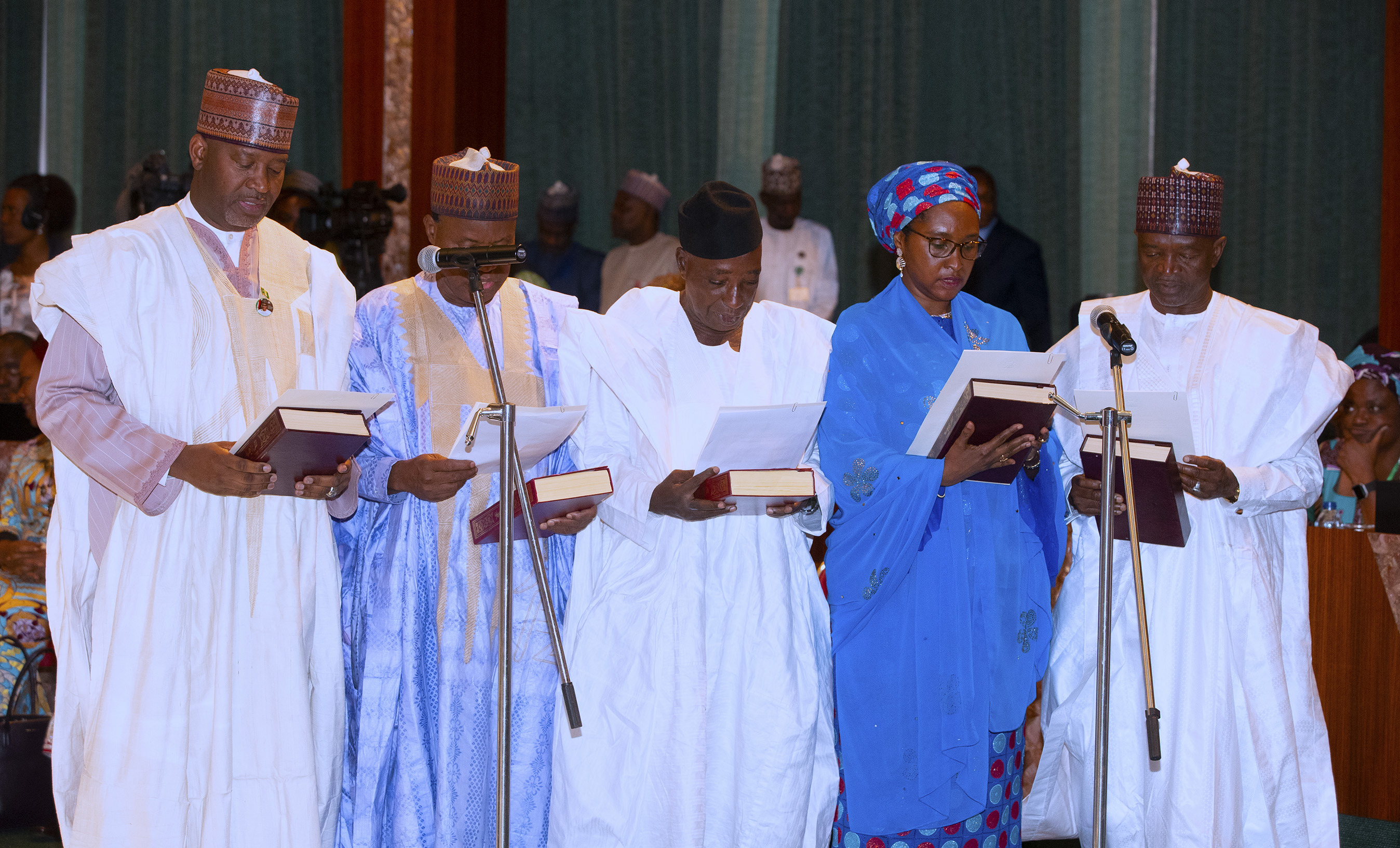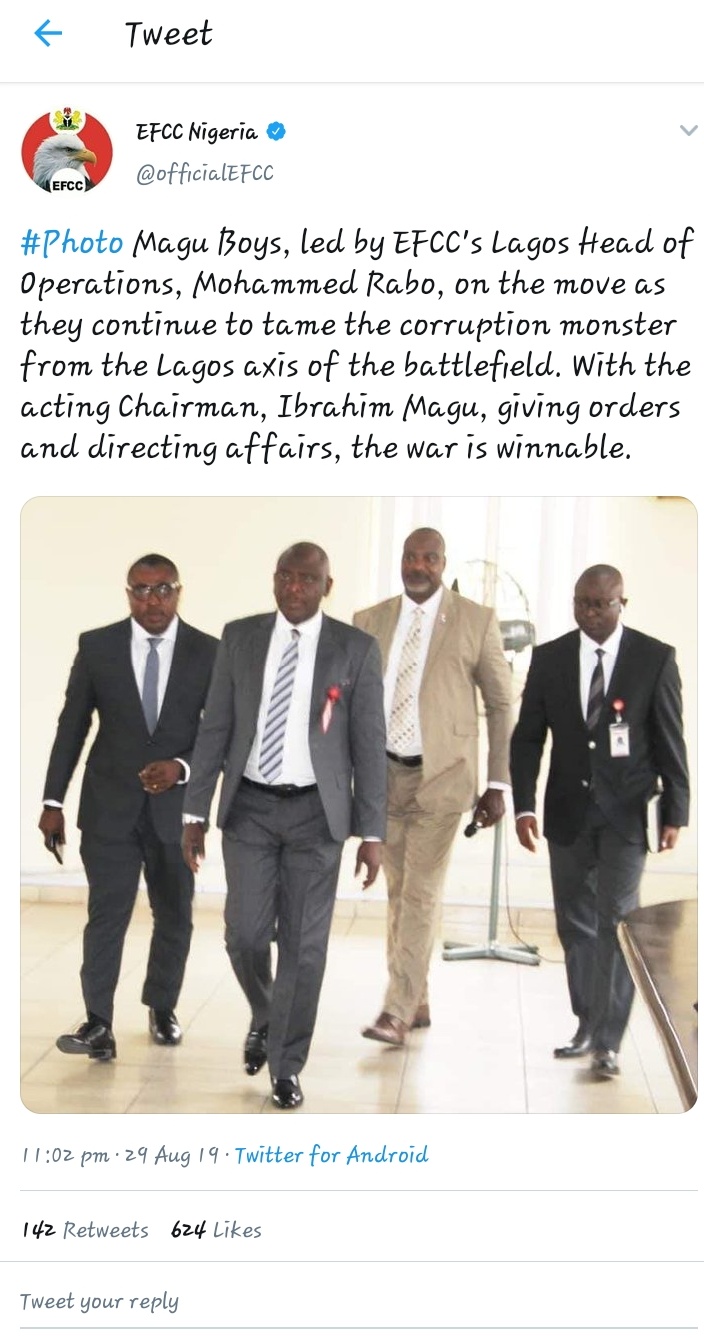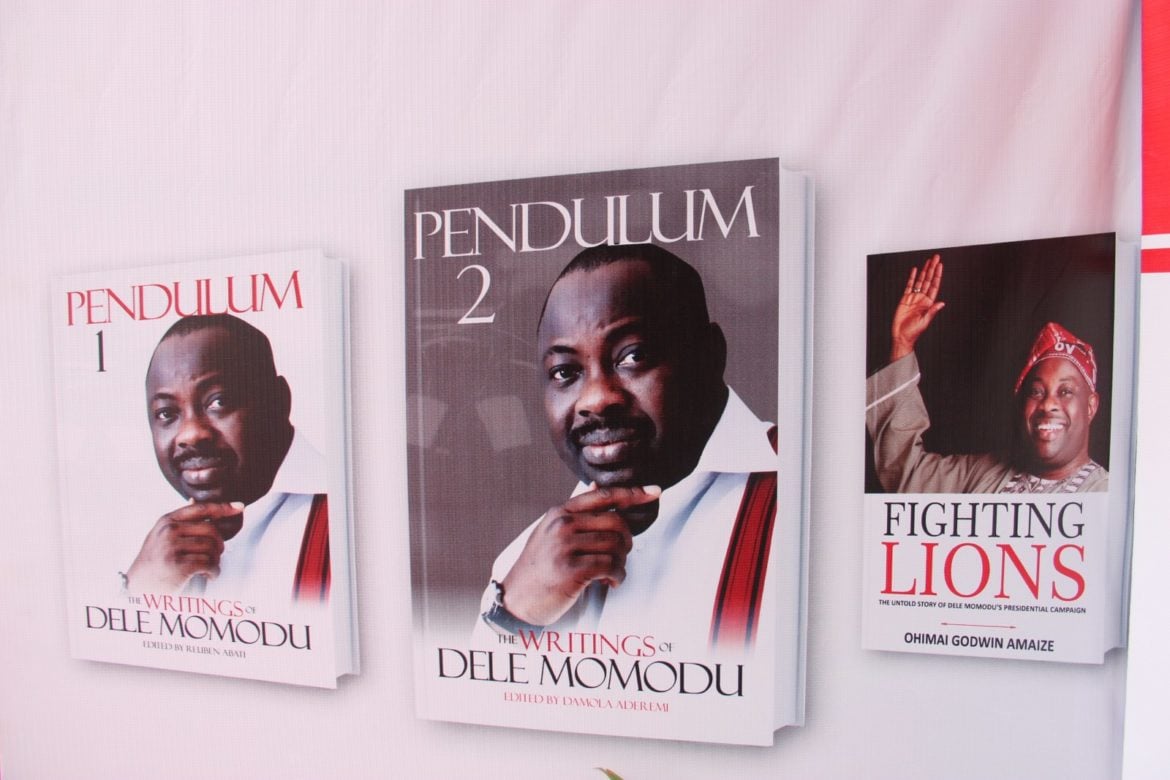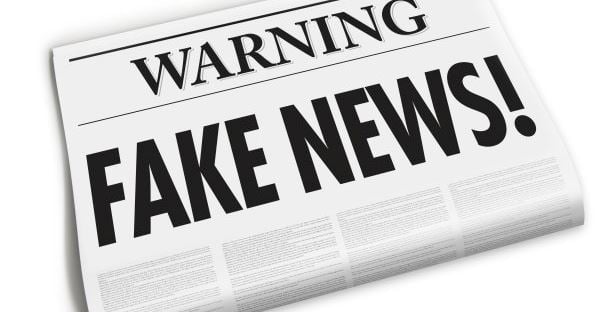The announcement that former Independent National Electoral Chairman Professor Attahiru Jega has been appointed to a committee to revamp the People’s Redemption Party, (PRP) has elicited a blizzard of questions from watchers of political developments in the country.
Have the former INEC chairman and professor of politics at the Bayero University Kano decided to make a leap from the theoretical side of politics to the practical partisan side? What impact can he possibly bring to the fortunes of the PRP? Is Professor Jega’s latest move part of a grand design in the North’s plans to form an alternative political platform from both the All Progressive Congress and the People’s Democratic Party in the run up to 2023 elections? If so what form will the revamped PRP take and what are the party’s chances of success in its future political trajectory? Was the recent statement credited to Governor Nasiru El-Rufai of Kaduna debunking the idea of zoning of political offices in the country linked to all this?
When I sought Professor Jega’s views on these questions his reply, not surprisingly, was coy: ‘Salam Malam Iliyasu. Be patient. For me, now is not the time for speaking. We are really busy trying to as you said ‘rejig the PRP’. The time for talking will come soon enough! Thank you for reaching out. I appreciate it. Let us keep in touch. ‘’
Although he is being cagey, like the political goldfish he is Professor Jega can expect that his new role in politics will be watched keenly by Nigeria’s rank of the politeratti. Former Governor of the old Kaduna state and one of the few surviving grandees of the PRP was decidedly unenthusiastic: ‘’ He (Jega) is welcome. But as INEC chairman he de-registered the PRP even when we had better credentials than other parties he allowed. Let us see what he comes up with this time.’’ Another member of PRP himself an academic who made the transition from the academia to politics much earlier than Jega scoffed at him, ‘’ So Jega now wants to join politics through the PRP? But he once accused some us who took this step long before him of being petit-bourgeois radicals. So what can we call him now? He asked me rather rhetorically when I called him to discuss the issue.
Advertisement
There are also those on the partisan political turf who cannot wait for Jega to join politics formally. Here I am talking about the implacable members of the opposition PDP who till today believe the former INEC chairman robbed their party of victory at the 2015 presidential elections. They would want to savage him by their partisan utterances and actions if only to remind him of the differences between politics in theory of which he is so versed and the realm of partisan practical politics of which he is but a relative novice.
Because there is so much expectation riding on their efforts, we can only hope that Professor Jega and his associates currently trying to revamp the PRP will bring to it the necessary rigour. In this regard, it is imperativeto trace the trajectory of politics in this country following the truncation of the second republic by the military in 1983. In the long period of military rule from 1983 to 1999 when the military were compelled to hand over power to civilians, the convoluted political programmes of military rulers Generals Ibrahim Babangida and Sani Abacha in which many of the experienced and reputable political figures were rubbished, resulted in the latter losing interest in partisan political involvement. The final denouement for this category of political figures was the Abacha political programme of self-succession which featured what the late Bola Ige referred to aptly as ‘’The five leprous fingers of the same hand’’ in reference to the five political parties that were primed by then supreme military ruler General Abacha as political vehicles for his self -succession bid. It was little wonder that many political figures for reasons of self-preservation and also to uphold their decency decided to ‘’Siddon look’’.
When the new political dispensation came on in 1999, it was without many of the political ‘A’ listersin the country who would have brought with them the necessary redeeming values that the nascent political situation desperately needed.
Advertisement
The PRP was one of the notable casualties of the military incursion into politics in Nigeria. Indeed even before overthrow of the second republic in 1983, the PRP had been riven asunder by a sharp ideological split between those who favoured alliances with the growing left of centre political tendencies across Nigeria led by its governors Abubakar Rimi and Balarabe Musa on one hand, and those who felt that the party should remain steadfastly true to its political moorings as a party of the northern peasantry led by the party leader Mallam Aminu Kano. The PRP was still mired in this ideological schism when the advent of the military effectively put the party out of contention as a political force. In the course of Babangida and Abacha’s military rule the party lost its leader and inspiration Mallam Aminu Kano and others. Also some of its leading lights pitched their tents with the emerging political parties of the military dispensation losing their ideological bearing in the process.
In the period of military rule with the demise of its leader Aminu Kano and others and following the dispersal of the remaining PRP leading lights into the military sponsored political parties, new political realities have emerged. The northern peasantry and masses have found a leader in Muhammadu Buhari to replace Aminu Kano. And in 2015 in an unprecedented political development, Ahmed Bola Tinubu successfully helped conjured a political marriage between a large chunk of southern progressive elements with the representatives of the northern peasantry and progressive elements which paved the way for the formation of the APC and the coming of Muhammadu Buhari to power. Lost in the rapturous euphoria of this momentous development was the fact that the PRP which initiated political move way back in the second republic and ought to be at the forefront of this development was and has been nowhere to be seen.
But through this dark political cloud for the PRP there is a silver lining. Professor Jega and his associates should anticipate that President Buhari will certainly leave by 2023 and the northern political establishment across the board will once again be thrown into uncertainty. So also will the current northern-southwest political alliance.
With growing uncertainties as we head for the 2023 elections PRP stands to benefit if it gets its act together. With Buhari out of the scene, the fate of the APC will hang in the balance. The opposition PDP will want to make a spirited attempt to come back to reckoning but will fall short.
Advertisement
Thus PRP stands a chance to make considerable impact in helping to reshape the political landscape of Nigeria. But it must get to grips with the basics first. It must not at this stage set itself up like the other parties as an election vehicle only. At this stage the emphasis must be on mobilization and orientation of the legion of disenchanted groups disappointed with the state of things in the country. In anticipating the state of political flux in the country in the run up to 2023, the PRP must seize the political vacuum of a sure to implode APC and strengthenthe cross country political alliances. But the PRP must break with the convention of political alliances in the country which only restricts such alliances to the top political figures and class. To do that will be to make the party just like the others it seeks to supplant. The PRP must also drill down and mobilize and wield the critical mass of the peasantry, the youth, rural and urban underclass and progressive elements across the country into the party that will restore faith in and move Nigeria forward. Anything short of that the PRP that Professor Jega and his associates are currently working to bring on will be dead on arrival.
08035355706(sms only)
Advertisement
Views expressed by contributors are strictly personal and not of TheCable.
Add a comment

